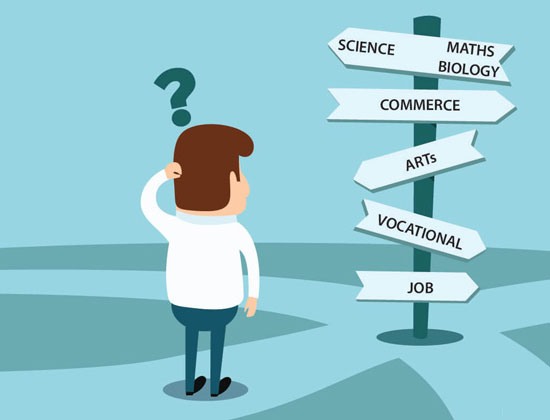
Career counseling plays a crucial role in guiding individuals through the complex process of career exploration, decision-making, and development. It serves as a valuable resource that empowers individuals to make informed choices aligned with their interests, skills, values, and aspirations. Here are several reasons why career counseling is of paramount importance:
- Self-Exploration: Career counseling facilitates self-reflection and exploration of one’s strengths, weaknesses, interests, and values. By gaining a deeper understanding of oneself, individuals can identify potential career paths that resonate with their personal attributes and preferences.
- Career Awareness: Many individuals may not be aware of the diverse range of career options available to them. Career counselors provide valuable insights into various industries, professions, and educational pathways, helping individuals broaden their perspective and discover new opportunities.
- Decision-Making Support: Making career decisions can be overwhelming, especially for students and young professionals. Career counselors offer guidance and support throughout the decision-making process, helping individuals weigh the pros and cons of different options and navigate through uncertainty.
- Goal Setting: Setting clear and achievable career goals is essential for long-term success and satisfaction. Career counseling helps individuals define their career objectives, develop action plans, and stay motivated towards achieving their aspirations.
- Education and Training Guidance: Choosing the right educational programs, courses, and training opportunities is crucial for acquiring the necessary skills and qualifications for desired careers. Career counselors provide valuable information and resources to help individuals make informed decisions about their educational and training pathways.
- Skill Development: Identifying and developing relevant skills is essential for career advancement and success. Career counselors help individuals assess their current skill set, identify areas for improvement, and access resources for skill development and enhancement.
- Job Search Strategies: Searching for employment can be a daunting task, particularly in competitive job markets. Career counselors offer guidance on resume writing, interview preparation, networking strategies, and job search techniques to help individuals navigate the job search process effectively.
- Career Transitions: Throughout one’s career journey, individuals may encounter various transitions such as job changes, promotions, or career shifts. Career counseling provides support during these transitions, helping individuals adapt to change, explore new opportunities, and make informed decisions about their career paths.
- Work-Life Balance: Achieving a healthy balance between work and personal life is essential for overall well-being and satisfaction. Career counselors help individuals assess their priorities, values, and lifestyle preferences, guiding them towards careers that align with their desired work-life balance.
- Continuous Learning and Growth: Career counseling encourages individuals to adopt a growth mindset and embrace lifelong learning. By staying informed about industry trends, advancements, and opportunities, individuals can adapt to evolving career landscapes and continue to grow personally and professionally.
In summary, career counseling serves as a valuable resource that empowers individuals to explore, plan, and pursue fulfilling careers aligned with their interests, values, and aspirations. By providing guidance, support, and resources throughout the career development process, career counselors play a pivotal role in helping individuals achieve their professional goals and maximize their potential.





